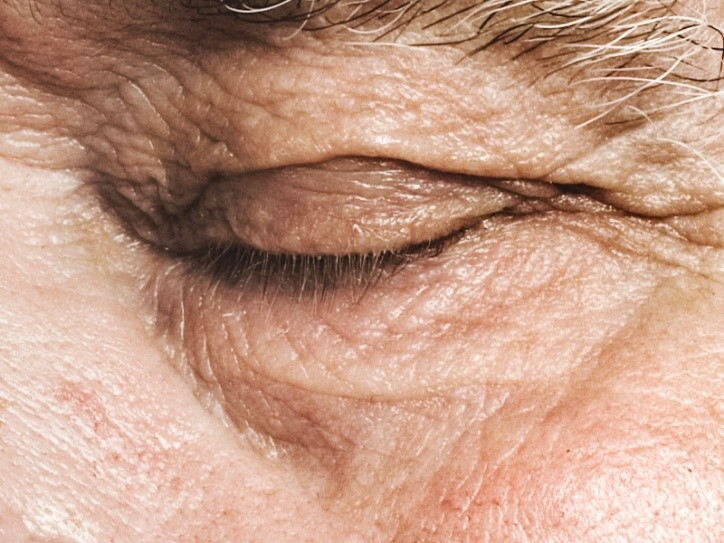Blepharospasm
What is it?
Blepharospasm or “essential blepharospasm” is the involuntary closing of the eyelids. These are involuntary contractions or spasms of the orbicularis muscle (the muscle responsible for closing the eyelids). The course of the disease is gradual. It is one of the most common facial dystonia and occurs for various reasons. Usually it affects people over 50 years old and is more prevalent among women. In addition, there is some genetic predisposition.
When reference is made to blepharospasm, it is appropriate to distinguish between several terms that can be confusing:
Orbicularis myokymia, in which patients perceive eyelid tremors, which are not usually visible to others, and it is frequently associated with stress, caffeine or alcohol. Subsides spontaneously.
Tics, which are voluntary movements of a group of facial muscles. In these cases, although the movements are voluntary, patients are often unable to control them.
Meige Syndrome, which combines spasms of the muscles around the eyes, from the bottom of the face, mouth, tongue, throat and neck.
Symptoms of blepharospasm
The main symptoms of blepharospasm are uncontrollable blinking, involuntary closing of the eyes and even loss of vision in severe cases due to the inability to open the eyelids. At the beginning the symptoms fluctuate, but the pathology progresses gradually both in frequency and intensity. Patients may have difficulty driving, reading, watching television or doing everyday activities of daily living.
Treatment
The treatment of essential blepharospasm is complex, but patients improve with botulinum toxin injections, which temporarily relaxes the orbicularis muscle preventing its contraction. The effect of the injections is temporary and typically lasts a few months, so it is necessary to repeat the treatment to maintain the effect.
For patients resistant to botulinum toxin there is a surgical approach or orbicularis myectomy (removal of the orbicularis muscle, which is the muscle in charge of closing the eyelids). After surgery, it is sometimes necessary to keep the infiltrations of botulinum toxin.
Prevention
The goal of treatment is to help patients to preserve a satisfying lifestyle and minimize the possible disease’s limitations. It is important to protect the eyes with sunglasses and eye drops.

